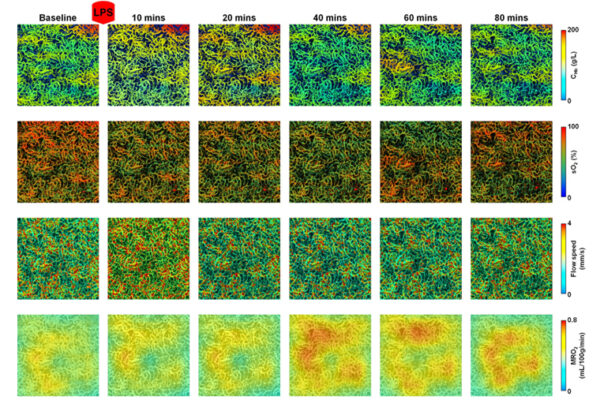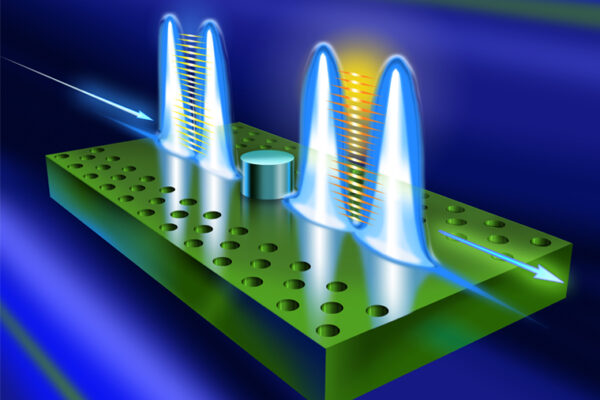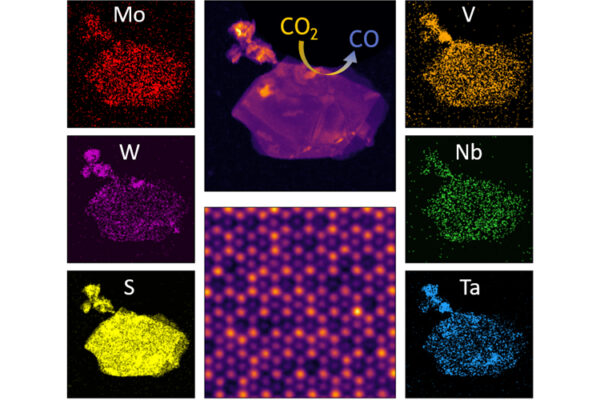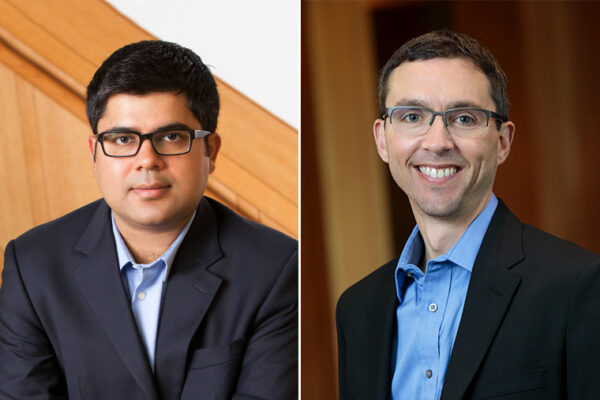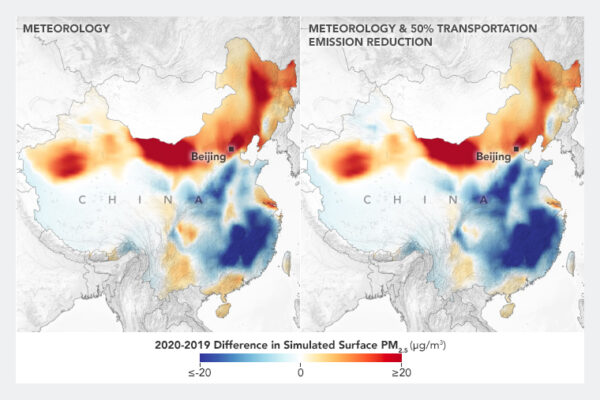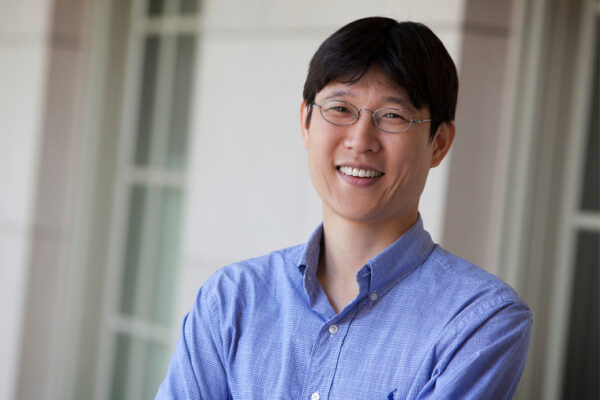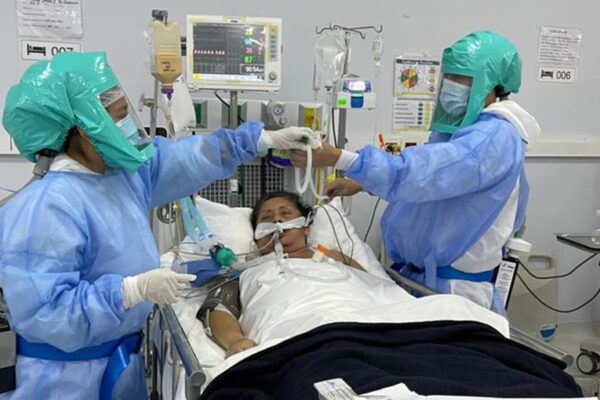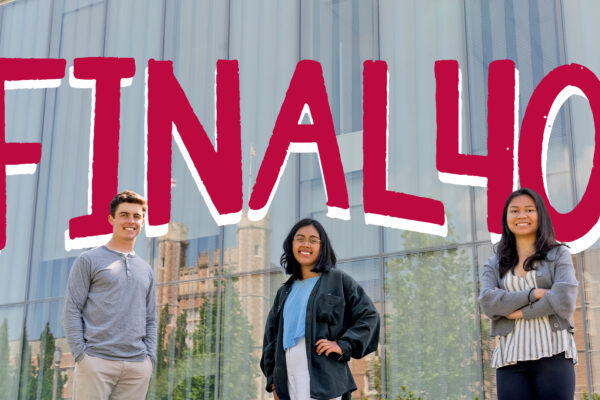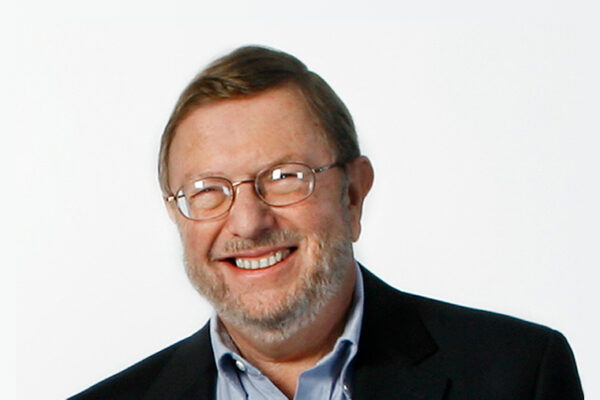High-tech imaging reveals blood, oxygen flow, energy metabolism in mouse kidneys
Researchers in the McKelvey School of Engineering and at the University of Virginia recently developed a high-tech imaging technique that opens up opportunities to study dysfunction in acute and chronic kidney disease.
Ching, Sinopoli to study brain dynamics, learning
A multidisciplinary team led by McKelvey School of Engineering researchers will probe the dynamic brain cell mechanisms on which artificial intelligence is based with a nearly $4 million grant from the U.S. Army.
A new piece of the quantum computing puzzle
Jung-Tsung Shen at the McKelvey School of Engineering has developed a groundbreaking quantum logic gate that brings quantum computing closer to reality.
New 2D alloy combines five metals, breaks down CO2
A new, two-dimensional material from the lab of Rohan Mishra is the first such material to be synthesized and used.
NASA funds Chakrabarty, Martin atmospheric data research
Two researchers from the McKelvey School of Engineering received funding from NASA for atmospheric data research
Pandemic air quality affected by weather, not just lockdowns
Using a diverse set of tools, the lab of Randall Martin shows how the pandemic did – or didn’t – affect levels of particulate matter during COVID lockdowns.
Moon elected to engineering biology council
Tae Seok Moon, associate professor at the McKelvey School of Engineering, has been elected to the council of the Engineering Biology Research Consortium.
Saving front-line workers
In the early days of the pandemic, personal protective equipment was in short supply in the U.S., and its availability continues to be a problem globally, leaving health-care workers and their communities exposed. Jennifer DeLaney, MD ’97, has been on a remarkable journey leading a local effort to help.
The ‘Final 40’
Three graduates document their final days as Washington University students.
Mark Franklin, former professor of engineering, 81
Mark A. Franklin, former professor of electrical engineering and computer science at the McKelvey School of Engineering, who taught for four decades, died May 25 from complications of Alzheimer’s disease in Berkeley, Calif. He was 81.
View More Stories
